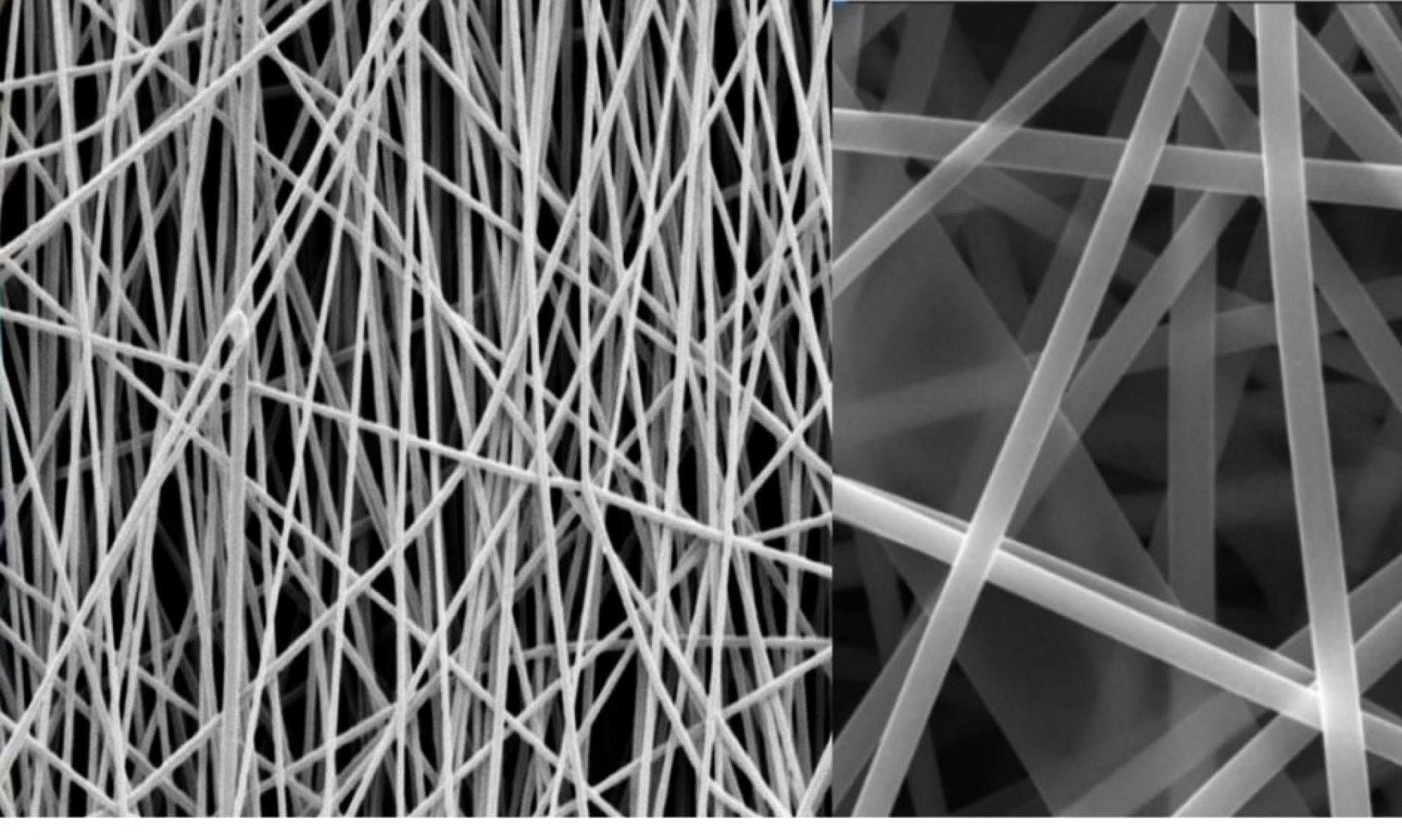
High performance N‐doped carbon electrodes obtained via hydrothermal carbonization of macroalgae for supercapacitor applications.
Abstract
The conversion of bio‐waste into useful porous carbons constitutes a very attractive approach to contribute to the development of sustainable energy economy, even more as they can be used in energy storage devices. Here we report the synthesis of N‐doped carbons from hydrothermal carbonization of macroalgae, Enteromorpha prolifera (EP), followed by a mild KOH activation step. The obtained N‐doped carbon microspheres exhibited surface areas of up to ~2000 m2/g with N‐loadings varied in the ranges of 1.4~2.9 at%. By modifying activation temperature, we were able to tune surface chemistry and porosity, achieving excellent control of their properties. The specific capacitance reached value of up to 200 F/g at 1 A/g in 6M KOH, for the sample (AHC‐700) obtained at activation temperature of 700 ºC. The as‐assembled symmetric supercapacitor using the sample (AHC‐800) activated at 800 ºC as the electrodes exhibited superior cycling stability with capacitance retention of up to 96% at 10 A/g even after 10,000 cycles, constituting the highest reported so far for biomass‐derived carbon electrodes. These results show the great potential of N‐doped carbons as electrodes for supercapacitors and confirm the excellent electrochemical properties of biomass‐derived carbons in energy storage technologies.

